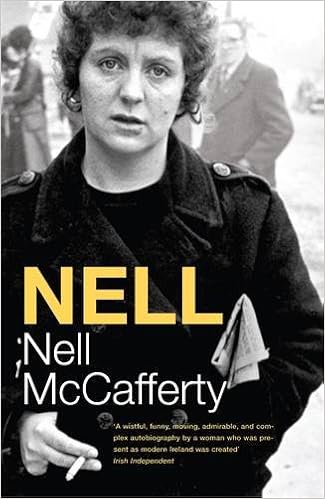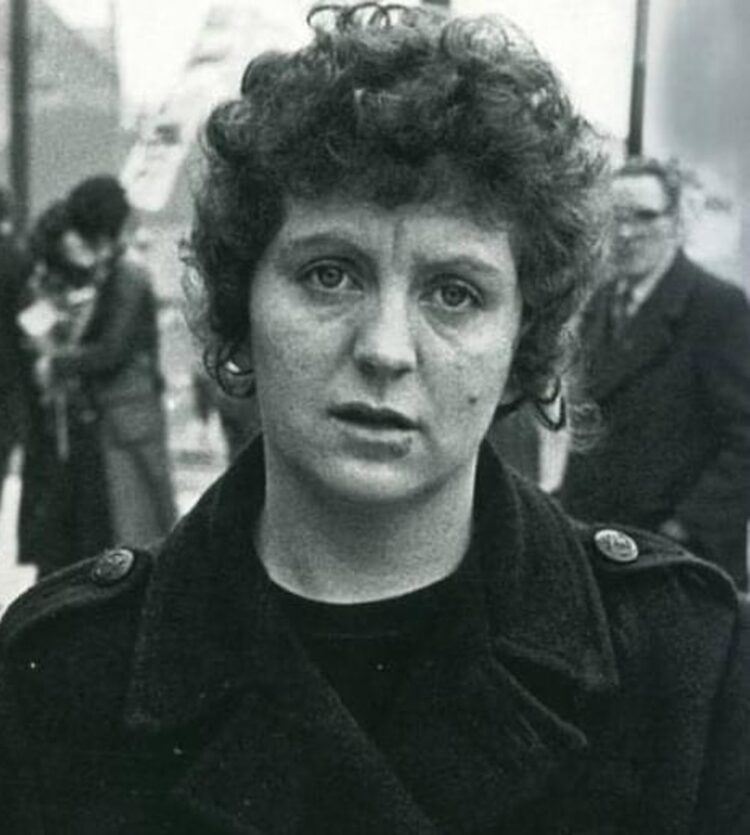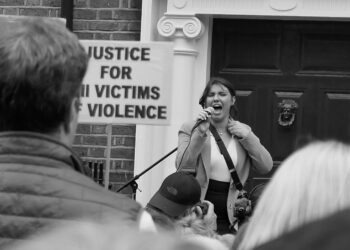The often polarising but always passionate public figure from Co Derry passed away today at the age of 80
Here are a few things you should know about the remarkable woman who helped change the social landscape of Ireland.
She was a ground-breaking and award-winning reporter
Nell worked with The Irish Times and then as a freelance reporter, writing and broadcasting on major news stories as well as what was happening in the Dublin district courts.
It soon became clear that her real passion was in writing about women and women’s rights although she was also fearless in speaking up for people trapped by poverty or social injustice in the 1960s and 1970s.
In a statement following the news of her death, President Michael D. Higgins said her writing of those times has left a ‘courageous and compelling record’ for future generations. He also called her “a pioneer in raising those searching questions which could be asked, but which had been buried, hidden or neglected. Indeed, this is one of the aspects which was most remarkable from the very beginning in her work”.
She was a founding member of the Irish Women’s Liberation Movement (IWLM)
The IWLM was a short-lived but influential movement started by a group of Irish women, concerned about growing sexism in Ireland. Its first meeting was reportedly held in Dublin’s Bewley’s Cafe in 1970 and its “Chains or Change” document was launched on The Late Late Show in 1971. The document called for equal pay, equality before the law, equal education, contraception, and justice for deserted wives, unmarried mothers and widows.
She once said: “In the south, I could be a feminist. In the north, I could be a fighter.”
She was on the legendary ‘contraceptive train’ in 1971
Determined to challenge the restrictive laws of the Irish State, Nell was part of a group of 47 trailblazing women who took a train to Belfast to buy contraceptives and illegally smuggle them back before staging a protest at Connolly Station in Dublin.
This incident became so famous that a fictional version of the event, written by Bill Whelan and Arthur Riordan, called The Train, was staged in The Abbey Theatre in 2015 to a sell-out run and returned again in 2017.
She was an outspoken advocate for women’s rights on TV and radio programmes
Dry, witty but always talking directly to the people, Nell was the poster child for feminism for a certain era in Ireland. In a time before ‘cancel culture’, she was unflinching in the face of criticism, always standing her ground and arguing her views on whatever was being discussed with passion but also impressive focus and statistics.
She was an active campaigner on issues of social injustice
In her many books and articles, she shed light on some of the most controversial issues in Irish society at the time including Bloody Sunday, the Troubles and the Catholic Church sex abuse scandal. One of her most noted books, A Woman to Blame, shone a light on the misogyny and hypocrisy of the tragic Kerry Babies case in 1984.
Nell also wrote openly about her 15-year relationship with writer Nuala O’Faolain in her autobiography Nell and became an ally for the rights of queer and trans people.

She received an honorary doctorate of literature from University College Cork in 2016
Described as ‘a person of national importance’, Nell was awarded this honour for remarkable eye-witness journalism, her formidable work against social injustice, her sharp and incisive criticism of gender inequality in Ireland’s legal system and her boundless energy to create a better country for those around her.
UCC called the award “a welcome and timely act of recognition for a radical, often galvanizing figure in the recent and contemporary history of our island.”
Rest in power, Nell McCafferty (1944 – 2024)








